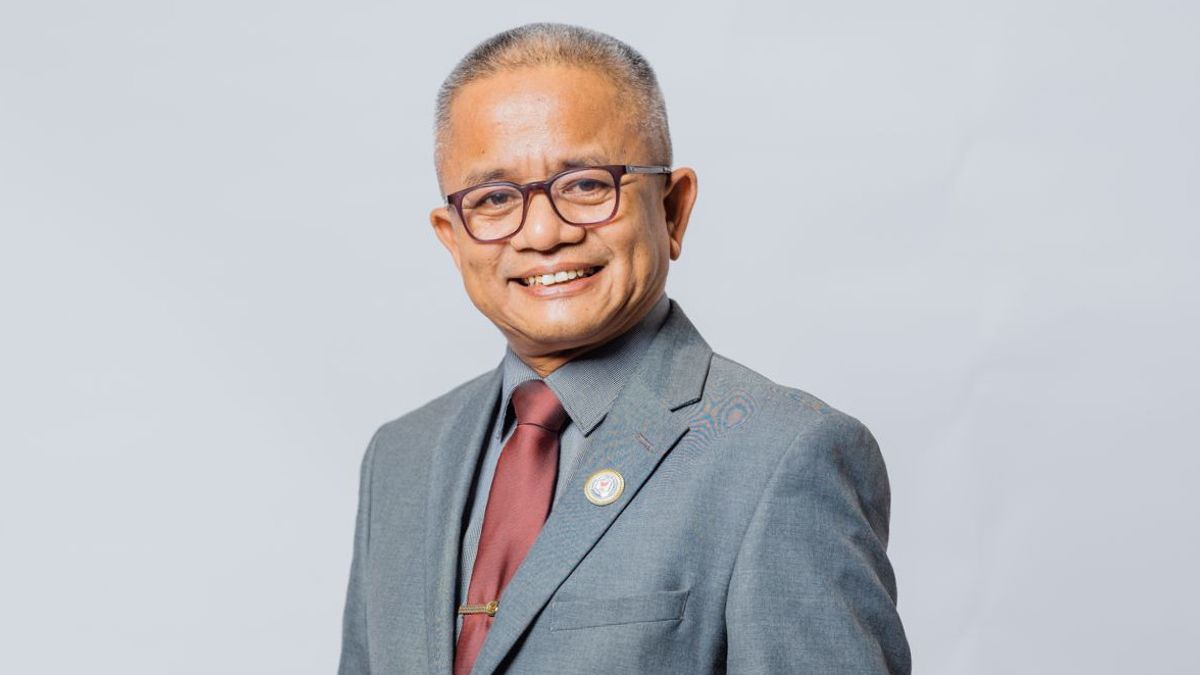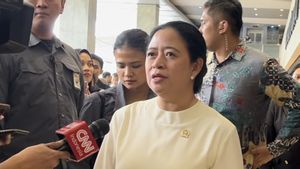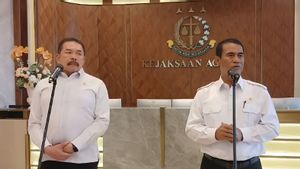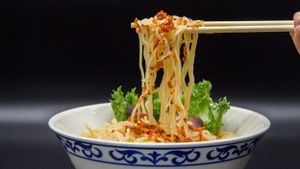Pasca pengumuman BMOP soal sejumlah obat dalam persiapan umpah yang tertinta ethylene glykol (EG) dan dietilen glykol (DEG) yang diduga bisa mengakibatkan keberalahan renal akt, Ketua Umum Ikatan Pharmak Indonesia (IAI) Apt. Noffendri Roestam, S,Si menyerukan kepada seluruh pharmacist untuk extra hati-hati dan melakukan pengawasan lebih ketat.
In the PP IAI circular addressed to Regional Management in Indonesia, it is also stated that pharmacists should pay more attention to possible interactions between drugs and interactions with food. This interaction risks causing fatal events such as organ failure, including acute kidney failure conditions.
"Paying attention to drug interactions has indeed become mandatory as a pharmacist, but this time we ask pharmacists throughout Indonesia to carry out stricter supervision," said apt Noffendri Roestam, S,Si, General Chairperson of PP IAI.
In a letter signed by the General Chair, Apt. Noffendri, S.Si and the Secretary General, Apt. Lilik Yusuf Indrajaya, SE, S.S., the MBA was issued by PP IAI in response to a letter from the Director General of Health Services at the Ministry of Health of the Republic of Indonesia Number: SR.01.05/III/3461/2022 regarding the Obligation for Epidemiological Investigation and Reporting of Cases of Atypical Acute Reflux Disruption (Attypical Progressive Acute Kidney Injury) in Children dated 18 October 2022.
The public needs to understand that the preparation of drugs can be in the form of solid, semi-solid, liquid, and gas preparations. Liquid preparations can be in the form of forces, suspensions, emulsions, and eliksir. This form of preparation adapts the character of the active ingredients and patient needs. So not all liquid-shaped drugs are concerns that use additional alcohol and may be contaminated with ethilen glycol compounds and dietilen glycol.
For paracetamol, it is an active material that is difficult to dissolve in water, so it is necessary to provide additional ingredients, namely polyethylene glycol (PEG) and glycerin to increase the solubility. In the production process, it is possible to find contaminants, namely ethylene glycol (EG) and dietethylene glycol (DEG). Regarding drug safety, Law No. 36 of 2009 concerning Health Article 105, states that pharmaceutical preparations in the form of drugs and medicinal raw materials must meet the requirements of Indonesian pharmacopy or other standard books.
The ethylene glycol and dietilen glycol compounds are not used in drug formulation, however, it is possible to exist in the form of contaminants in additional material for preparing mealy with a tolerance value of 0.1% in glycerin and glycol propylene, as well as 0.25 % in glycol polyethylene (Indonesian Guard, US Pharmacopia). The tolerance value limit does not cause any harmful effects. Both compounds have been used in automotive industries such as the coolant.
Law No. 36 of 2009 concerning Health Article 106 states that the preparation of pharmaceuticals and medical devices can only be circulated after obtaining distribution permits.
Drugs that obtain distribution permits from the POM have gone through a testing process and meet their safety, quality and benefits standards, and are produced in accordance with Good Manufacturing Practices (CPOB).
Therefore, the Indonesian Pharmacist Association appeals to Pharmacists:
1. who work in the Pharmaceutical Industry to continue to strive to improve compliance with Good Manufacturing Practices (CPOB) standards, especially in maintaining the quality of the drugs produced. 2. who work at the Pharmaceutical Service Facilities and at the Health Service Facilities to collaborate with doctors and other health workers to provide information and education to patients/communities about: a. use of rational and safe drugs b. recommendations for drug use in other forms of preparation c. recommendations for non-pharmacology therapy. 3. to collaborate with doctors and other health workers to monitor drug use by patients/society. 4. to keep monitoring the latest information developments, and provide information to the public correctly according to the latest references to calm the public.
On this occasion, the General Chairperson of PP IAI, apt Noffendri Roestam, also hoped that this issue would not be brought to justice, related to the sale and stock ofgal drug at pharmacies.
He hopes that the National Police Chief, General Police Drs Listyo Sigit Prabowo, M.Si will take action against law enforcement officers who carry out sudden inspections at the pharmacy. Because, if an inspection is carried out, this will not help solve the problem, but will actually cause new unrest among the Pharmacists who work in the community.
"So far, we don't know who has been accused in the case of acute kidney disorders that attack children under the age of 10. In this case, pharmacies and Pharmacies are not the party to blame, therefore we hope that no legal action will be taken by law enforcement officials by conducting inspections at pharmacies," hoped Noffendri. The hope was put forward by Noffendri, because his party had received reports of law enforcement officers conducting inspections at a number of pharmacies in several cities in Indonesia.
"We deeply regret this happening and hope it will not spread to other cities in Indonesia. So far we have continued to coordinate with BPOM and the Ministry of Health to be able to jointly resolve cases of acute kidney disorders of atypical children which are now of concern to all of us," said Noffendri Roestam.
The English, Chinese, Japanese, Arabic, and French versions are automatically generated by the AI. So there may still be inaccuracies in translating, please always see Indonesian as our main language. (system supported by DigitalSiber.id)








